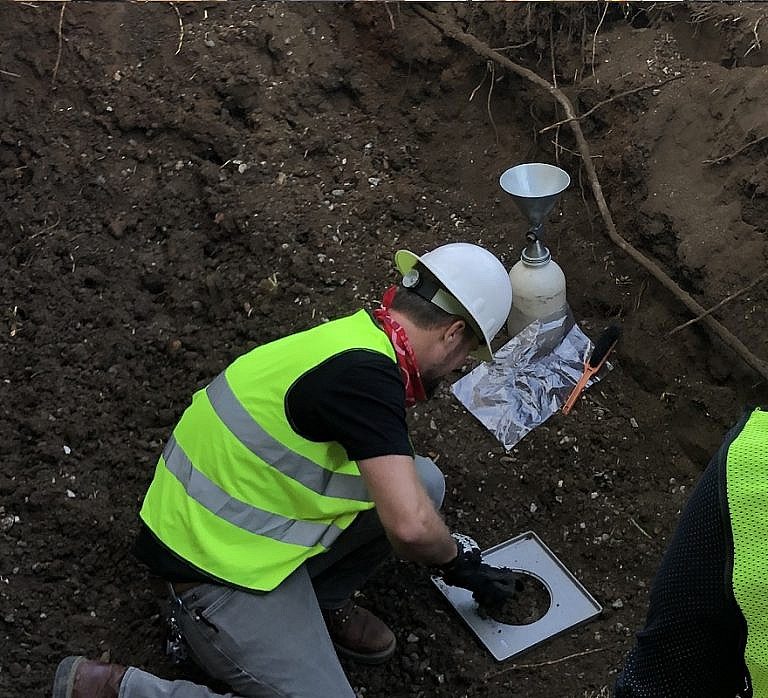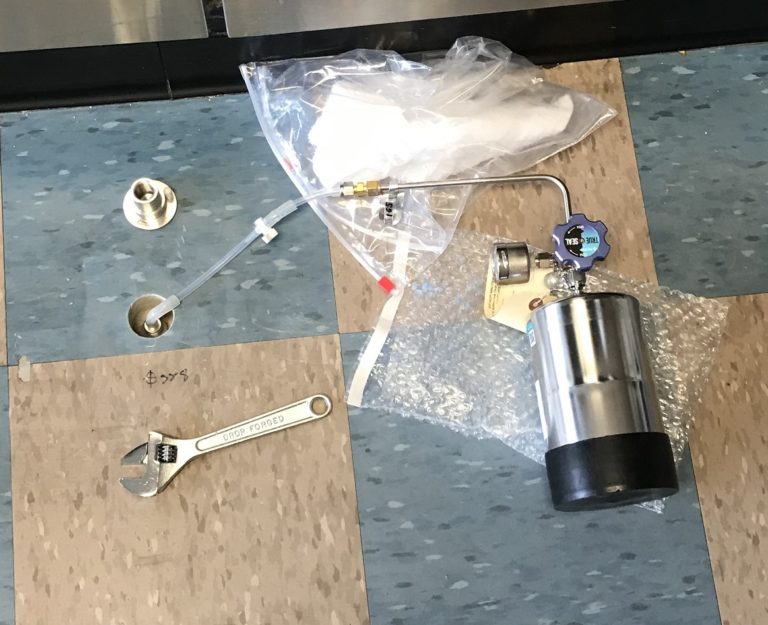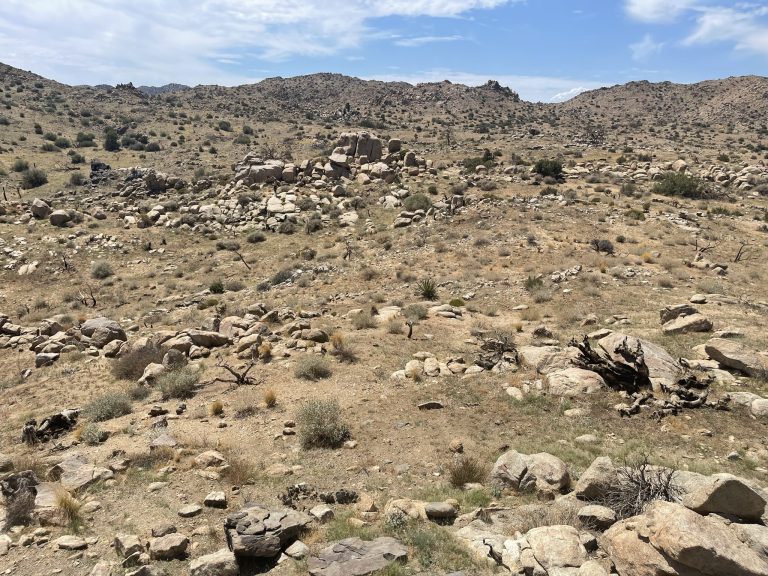Runoff (R)
The term “Runoff” (R) in hydrogeology and geology refers to the part of rainfall which accumulates on the ground surface and naturally forms into flowing streams.
The term “Runoff” (R) in hydrogeology and geology refers to the part of rainfall which accumulates on the ground surface and naturally forms into flowing streams.

Soil Compaction Testing or Soil Density Testing Soil compaction testing, or soil density testing, is the process by which the density property of a soil mass is increased in the field by various means, and monitored by a professional geologist in accordance with local building department specifications. During the placement of engineered backfill material, density…

Natural Gas Natural Gas: In geology, natural gas means combustible hydrocarbon gas that forms by natural geological or biological processes. To illustrate, natural gas that forms by geological processes is the thermal decomposition of buried organic materials. Whereas natural gas that forms via biological processes entail the microbial decomposition of buried organic material. Natural gas…

Methane Mitigation Soil Gas Pressure Sensor Methane Mitigation Soil Gas Pressure Sensor: A Methane Mitigation Soil Gas Pressure Sensor is a device that measures and communicates sub-slab soil gas pressure to a methane control panel system. High levels of methane soil gas then trigger the integrated methane alarm system to notify occupants of danger. Much…

What is a Concrete Arch Dam? A Concrete Arch Dam is a curved freshwater-retaining structure that is concave in the hydro-geologically down-gradient direction, and uniformly thick from the base to top. With Concrete Arch Dams, a major part of the water load value gets distributed to the abutments of the dam. Thus, Concrete Arch Dams…

Geology Geology: Geology is a field of science relating to the earth, including but not limited to the earth’s resources, physical processes, chemical properties, history, and future. Additionally, the science of geology includes the study of other terrestrial planets, such as Mercury, Venus, or Mars. Branches of Geology There are numerous branches of geology that…

What is an Embankment Dam? An Embankment Dam is a freshwater-retaining structure comprising excavated rock, soil, or a combination of rock and soil from nearby geological formations. In fact, Embankment Dams are known as an “Earthfill Dam” when filled with soil, and a “Rockfill Dam” when filled with rocks. Earthfill Dams are most common. The…